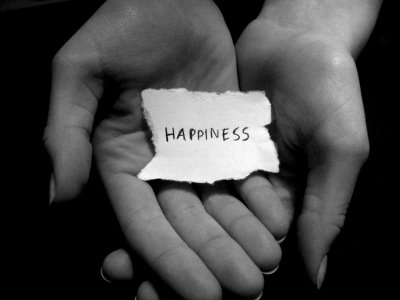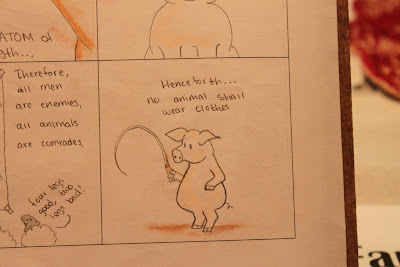
By far my favorite post that I have presented was my blog on “Lobsters”. While insignificant, it was the only blog where I was able to successfully show some sense of humor and not the cloudy mist of words that I’m so accustomed to confusing my audience with. This delivers me to my next epiphany: the moment in which I realized I could make a far greater impression as a writer if I used recognizable diction. I believe I identified myself with this plethora of words, but words are only letters and shapes until people put them together in a way that makes sense. Just like a lump of clay is shapeless and unidentifiable, so too are words until they are shaped from the inside to form into something that readers can relate to. In fact, I have often likened my writing style to a cardboard cake. What is on the paper is pretty and appears intelligent, but cut into it, and it becomes apparent that it is cardboard and hollow. In order to master a language that I find so important and so expressive, I had to diminish my use of words and re-identify myself as a writer.
It’s difficult to say what my blog was all about. The easy answer would be to say that it was all about the assignments and books I was reading at the time. To do so would be to take the easy way out, for as always, my writing was greatly influenced by my life at the time. Writing is an excessively subjective activity, as is reading and dissecting the works of great authors. In retrospect, I believe the reason I enjoyed and resented reading some of our assigned works was probably do to the fundamental cycle of exhaustion and “bucking up” for the “final haul”.
In the end writing was always the element in which I felt most at home. Upon this “roller coaster” adults call life and students call an education; my keyboard slash pencil was always steady to record my emotions through the works of the literary greats. Whatever changes in my life, the stories I know and love will always be present to guide me through the transitions I face. In the words of Nadine Gordimer: “Writing is making sense of life. You work your whole life and perhaps you’ve made sense of one small area.” While I still haven’t made sense of life, I believe I finally understand who I am as a person as an extension of who I am as a writer.



























